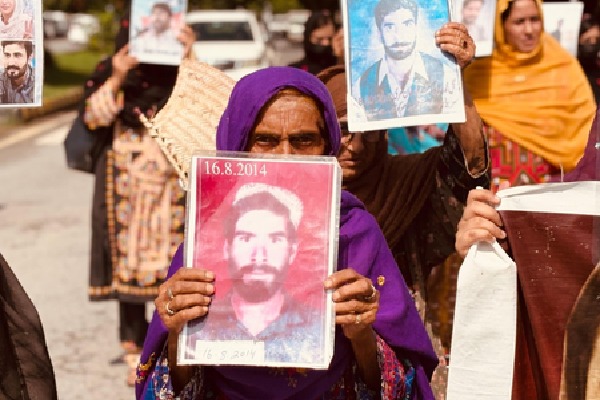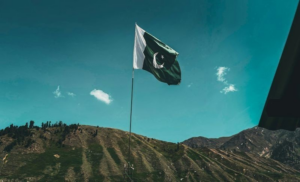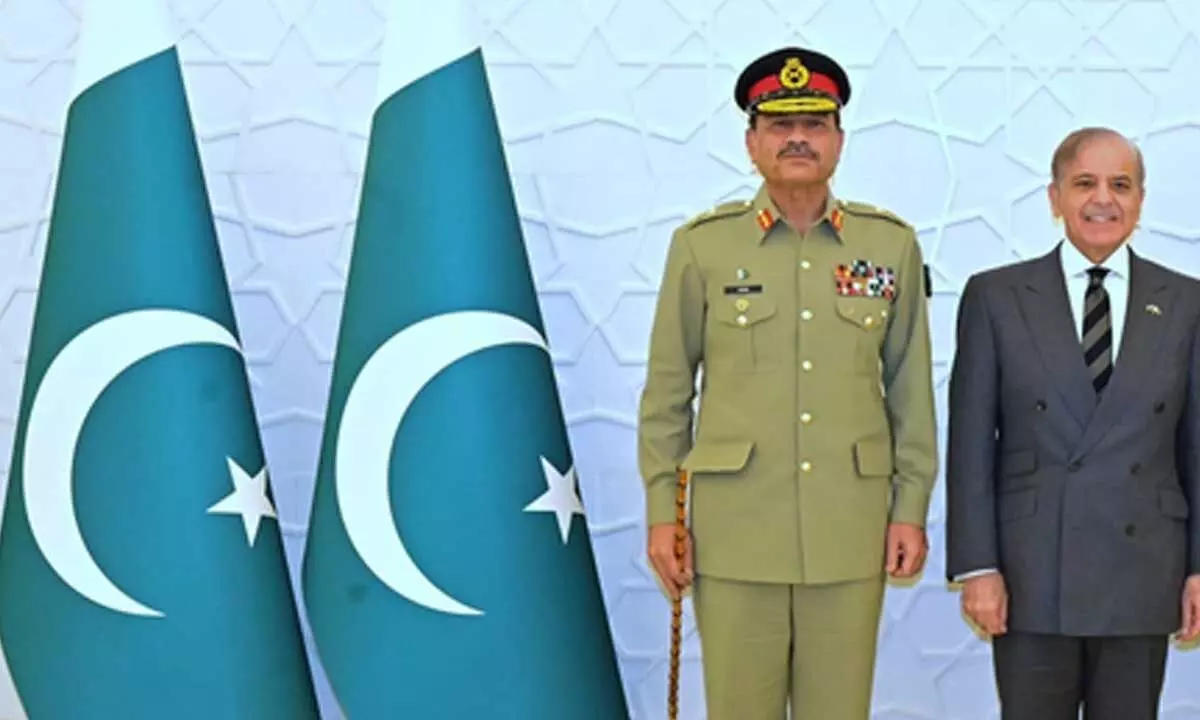
Pakistan’s illegal car trading market is a major concern, particularly due to the rampant circulation of non-custom paid (NCP) vehicles. These cars are smuggled into the country without paying import duties, making them cheaper but illegal. These untaxed vehicles bypass formal registration, allowing smugglers to sell them at lower prices, undercutting the legal auto market and depriving the government of billions in tax revenue. The issue has become widespread, with an estimated 450,000 NCP cars operating within Pakistan, while only 128,000 are officially recorded.
Illegal car trading in Pakistan is deeply embedded within organized crime, functioning as a key channel for money laundering, corruption, and smuggling networks. Criminal syndicates exploit loopholes in import regulations, using forged documents, counterfeit seals, and bribed officials to facilitate the entry of NCP vehicles into the country.
Japan has become a primary source of used car imports to Pakistan, but the system is riddled with misuse under gift schemes and baggage rules. These import programs, originally designed to benefit overseas Pakistanis, are frequently exploited for commercial gain, allowing traders to circumvent import duties and flood the market with untaxed vehicles.
A key method of fraud involves forged and fake documents, including counterfeit seals and stamps from the Japanese Embassy, as well as forged signatures of the Trade and Investment Counsellor. These falsified records enable smugglers to bypass customs regulations, bringing in vehicles under false pretenses. Once inside Pakistan, these cars are immediately sold, undermining the formal auto industry and depriving the government of substantial tax revenue.
Smuggling networks exploit porous borders, with many NCP vehicles entering Pakistan through Afghanistan and Iran, bypassing customs regulations entirely. Traders also forge import papers to clear vehicles fraudulently, allowing them to be sold as legitimate cars. Since these illegally imported vehicles evade import duties, they are sold at significantly lower prices, disrupting the competitive balance of the formal auto market.
Further in Pakistan’s illegal car trading market, the practice of charging “own-money” has become a widespread issue, further exacerbating smuggling and tax evasion. Own-money refers to an illegal premium that dealers impose above the Manufacturer’s Suggested Retail Price (MSRP), allowing buyers to skip long waiting periods and purchase vehicles immediately. This practice distorts the formal auto market, creating artificial price inflation and fueling undocumented transactions.
The issue is aggravated by supply chain disruptions, including chip shortages and shipping delays, which limit vehicle availability and increase demand for immediate purchases. As a result, own-money rates can soar up to Rs. 1 million (approximately $3,200 USD) on certain models, making vehicles unaffordable for many consumers while benefiting dealers and smugglers who exploit the system.
Illegal car traders capitalize on this demand, smuggling NCP vehicles into Pakistan and selling them at inflated own-money rates. These cars bypass import duties, making them cheaper than legally imported vehicles, further undermining the formal auto industry. The unchecked growth of own-money culture fuels corruption, reduces tax revenues, and weakens regulatory enforcement, allowing illicit trade networks to thrive without accountability.
Recognizing the severity of the issue, authorities have launched nationwide operations to combat illegal car trading, seizing Rs 11 billion worth of NCP vehicles in recent crackdowns. However, the economic consequences remain profound, as illegal car sales continue to drain billions in lost tax revenue, fuel corruption within customs enforcement, and weaken Pakistan’s formal automotive sector.
Illegal car trading has fostered a parallel economy in Pakistan, where unrecorded transactions bypass formal taxation, leading to substantial revenue losses for the government. The unchecked flow of NCP vehicles, smuggled through Afghanistan and Iran, deprives the state of billions in import duties, weakening its ability to fund infrastructure and public services.
Beyond financial implications, this shadow economy distorts economic data, making it challenging for policymakers to develop effective trade and taxation strategies. With a significant portion of transactions occurring outside formal channels, authorities struggle to assess market trends, leading to misguided policy decisions that fail to address the root causes of illicit trade.
Illegal car trading is also deeply intertwined with organized crime, serving as a vehicle for money laundering, corruption, and smuggling networks. Pakistani gangs play a central role in this illicit trade, operating highly organized smuggling networks that extend beyond car trading into drug trafficking, arms smuggling, and extortion. Groups such as the Chotu Gang and Lyari-based criminal syndicates have historically engaged in vehicle smuggling, using their influence to evade law enforcement crackdowns. These gangs launder profits from illegal car sales through real estate investments, fake businesses, and underground financial networks, making it difficult for authorities to trace illicit funds.
The unchecked expansion of illegal car trading weakens law enforcement efforts, as corrupt officials collude with smugglers, ensuring that confiscated vehicles are resold through fraudulent auctions or returned to criminal networks. This erodes investor confidence, discouraging legitimate businesses from operating within Pakistan’s formal auto industry. Additionally, the influx of smuggled vehicles contributes to security risks, as many of these cars are used in criminal activities, including drug transport and arms trafficking






